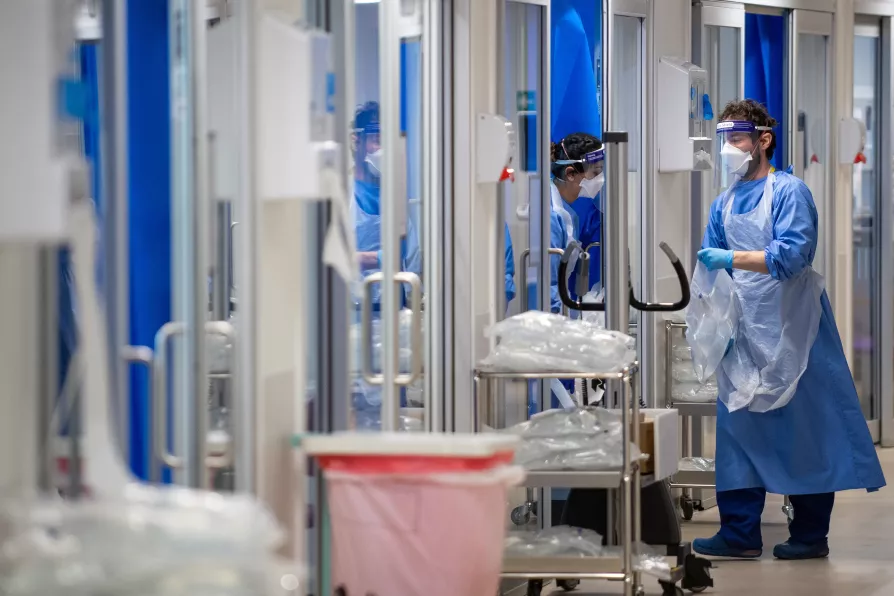The Carpathia isn’t coming to rescue this government still swimming in the mire, writes LINDA PENTZ GUNTER

 Coronavirus has put the NHS under enormous strain
Coronavirus has put the NHS under enormous strain
THERE has never been a time when our NHS workers have been in such sharp public focus.
The Covid-19 pandemic has demonstrated the skill, compassion, versatility and commitment of everyone from nurses, administrators, consultants, dietitians, phlebotomists, podiatrists, radiographers, physiotherapists and others.
Some have thrived but so many others are broken. The pandemic has had a severe impact on staff — they have been under huge amounts of pressure and are exhausted, traumatised and are now struggling with their own physical and mental health.

The visa system traps workers with abusive employers, creating a vulnerable workforce scared to complain for fear of deportation — that is why we’re campaigning for a ‘common sponsorship’ model instead, writes FAVOUR DAVIDKING

With 121,000 vacancies and 44.8% of staff feeling unwell from work stress, the NHS 10-year plan will not succeed unless the government takes immediate action to retain existing staff, writes ANNETTE MANSELL-GREEN

A just transition to Great British Railways and a clean and safe railway for all is not only desirable but also necessary. MARYAM ESLAMDOUST explains











